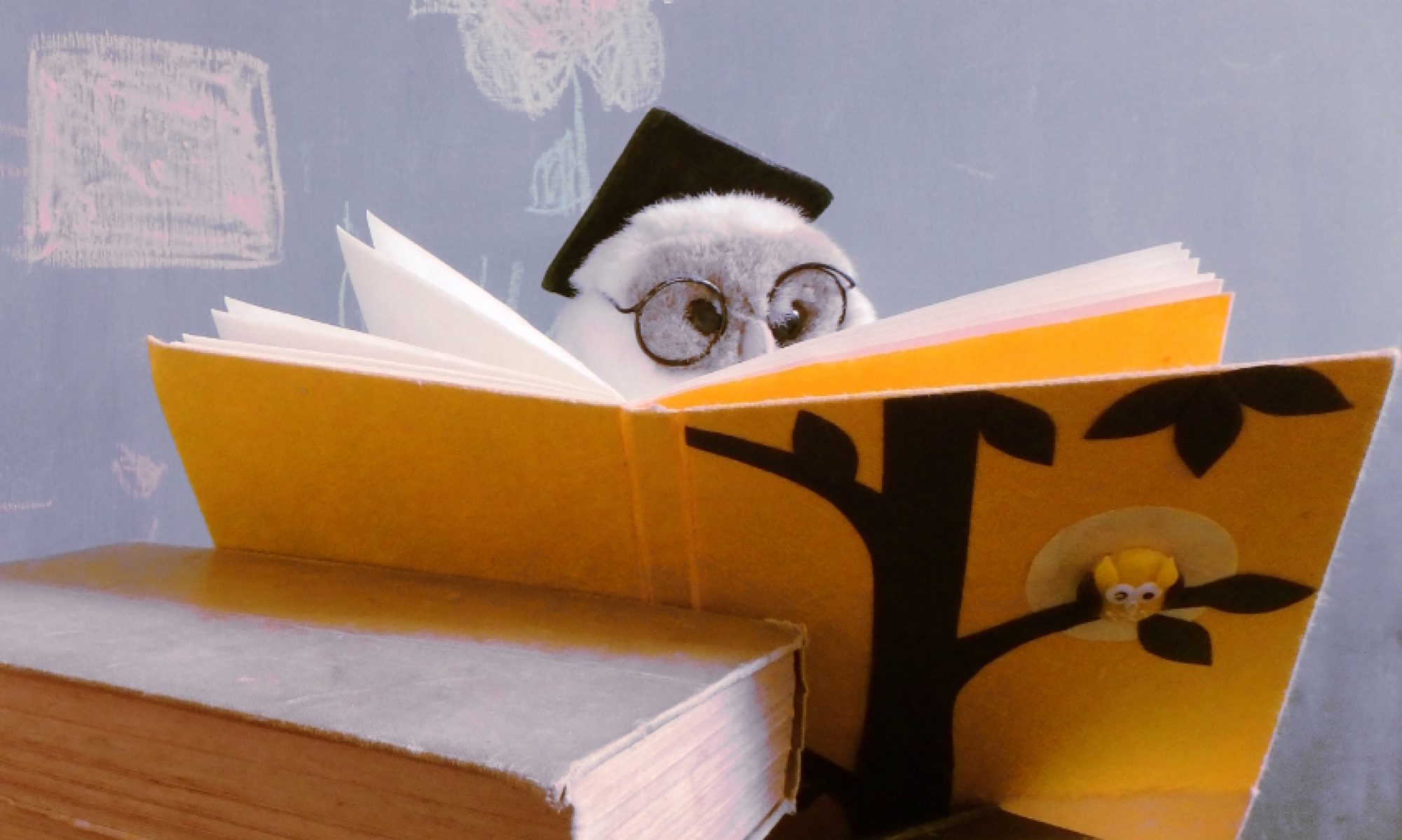‘As parents, we may really want to believe the common wisdom that if we place our children in a typical childhood setting, “They will be fine.” It can be difficult to separate what others say and what we believe to be true. As parents, we don’t always trust our own instinct. We should.’
Creating an Unschooling Environment for my 2e Kids
Adapting our homeschooling environment to support our kids needs has been a work in progress that has taken years of trial and error. I personally love the idea of self-directed learning and unschooling, but I have had to adapt it to fit the needs of my children.
As much as I would love to be able to say ‘you can do whatever you want’ and let it happen (with me strewing and facilitating, but having the kids in charge), it hasn’t happened. Instead, we have taken a lot of slow, small steps in that direction, and have had to treat it as more of an end goal than a blueprint.
Over time, (and with an understanding of their neurological differences) I have come to understand why my children need support and why those supports need to be different for each child.
Continue reading “Creating an Unschooling Environment for my 2e Kids”
Is Giftedness a Bad Thing?
There was a conversation that I had quite some time ago that is still bugging me, and being a writer, inevitably that means I end up putting words on paper in order to figure it out in my own head. The conversation, for all its twists and turns could be boiled down to one question . . . ‘Is giftedness a bad thing?” You see, once you let go of the assumptions and myths that surround giftedness, and start to understand how many of the characteristics and behaviours of gifted people either resemble certain other conditions (like Autism, ADHD, OCD etc), inevitably, giftedness starts to lose some of the false-shine of being a ‘gift’ . . .
Continue reading “Is Giftedness a Bad Thing?”
I’ll Be Over Here … Hiding In The Cupboard
Recently, I’ve realised how hard it can be to do all the things. I have lists of things I have been staring at in a state of almost-horror, and the longer the lists get, the more I hide from them. It has taken me a while to realise that the reason I am not getting ‘things’ done – is because we’ve stumbled into one of those times when busy takes over. It’s not just the Christmas season, though that’s usually enough for me to go into full-on hide in the cupboard mode.
Continue reading “I’ll Be Over Here … Hiding In The Cupboard”
Becoming a Sensory Detective
Whether your child has Autism, Sensory Processing Disorder, or is Gifted/2e with mild to extreme OEs, dealing with sensory issues is going to be a part of life. But as a parent of a child with a different sensory profile, it can be difficult to understand why they are having problems, and it is also equally difficult to figure out what is causing the problems.
My own journey to becoming a sensory detective has taken time, observation and patience. It’s not easy understanding where the problem is when I can’t see, smell, touch, taste, or hear the same way as my children. One thing that helped me get my head around this idea was flowers. Yes, flowers. Continue reading “Becoming a Sensory Detective”






